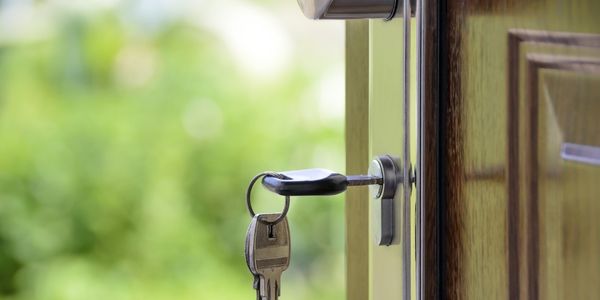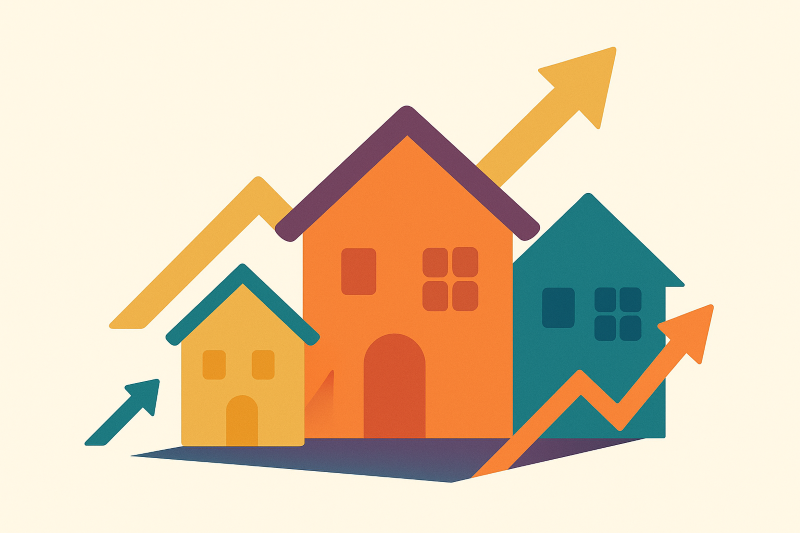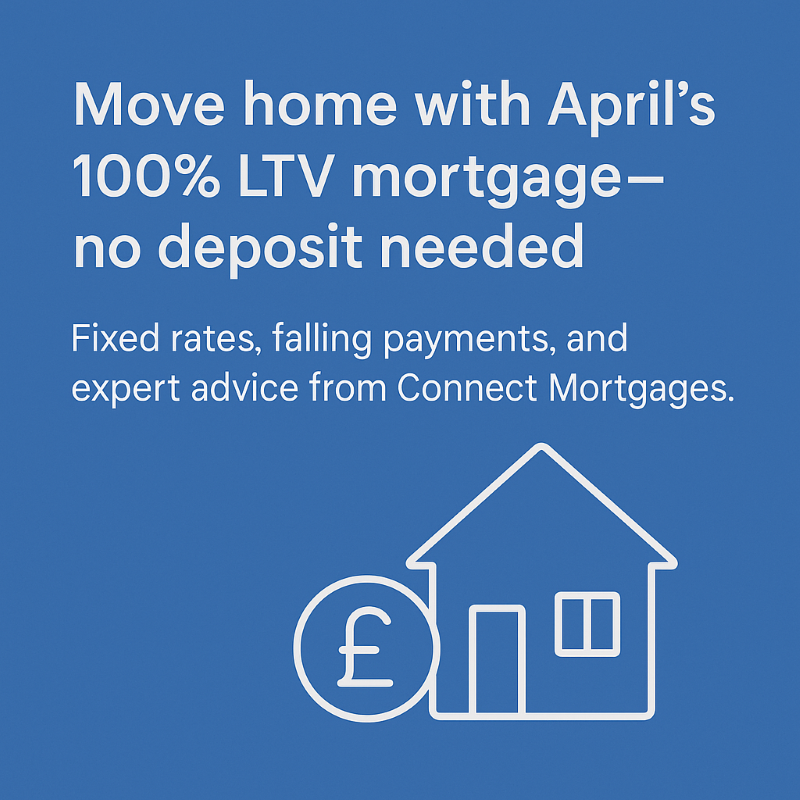With the rising cost of living, owning a home may seem out of reach. However, it is possible, and the process can be simpler than you think. By following our step-by-step guide on securing a mortgage, you can increase your chances of owning a property that suits your needs. Do not let paperwork or costs discourage you; find out how homeownership can be achievable today.
How Can I Get a Mortgage?
Lenders must be confident that you can manage your mortgage repayments before offering you credit. To ensure this, they will assess your financial history, including:
- Income sources
- Expenses
- Outstanding debts
- Your ability to cope with higher interest rates or unexpected costs
Steps to Improve Your Mortgage Eligibility
- Get Financially Organised Before applying for a mortgage, review your finances and improve your credit score. Check your credit report to identify past payments and correct any errors that could affect your rating.
- Use a Mortgage Calculator Understand how much you can borrow and what it may cost by using a mortgage calculator. Be sure to include other expenses such as:
-
- Legal fees,
- Survey fees,
- Stamp duty (if applicable),
- Moving costs;
- and any mortgage charges
Save for a Larger Deposit:
A higher deposit can increase your chances of approval and secure better mortgage rates. Aim to save at least 10-20% of the property value.
Provide Proof of Income:
Gather payslips, bank statements, and tax returns to demonstrate your income. Self-employed applicants should prepare two years of accounts.
Avoid New Debts:
Minimise new credit applications before applying for a mortgage, as they can impact your credit score.
Seek Expert Advice:
Speak to a mortgage adviser for tailored guidance. They can help identify the best mortgage options and improve your application.
Once you understand your suitability status, utilise a mortgage calculator to understand better the amount you can borrow and its potential cost. When performing these calculations, remember other expenses that need to be factored in, such as;
How do I know if I qualify for a mortgage?
Begin by submitting a Decision in Principle (DIP) to check if you qualify for the amount you need from your selected lender. Once you submit your mortgage application, they will confirm whether they can provide the funds. However, the amount offered may differ depending on the details and documents included in your application. A DIP provides a strong indication of your chances of securing a mortgage.
How do I get approved for a mortgage?
Every mortgage provider follows different criteria when assessing applications. However, most lenders consider the following factors:
Your Age:
Most lenders require applicants to be 18 years old for residential mortgages. They often set an upper age limit as well. This limit could be based on your age when you take out the mortgage, usually not exceeding 75 or 80 years. Alternatively, it may depend on your age at the end of the mortgage term, typically between 75 and 95 years.
Your Employment Status:
Lenders assess your employment type, income level, and payment frequency. Having a stable job with consistent earnings often simplifies the approval process. Getting a mortgage may be more difficult if you are self-employed, work part-time, or are a contractor. However, with the right preparation, your application can still succeed.
The Type of Property You Are Buying:
Lenders may hesitate if you plan to purchase an unusual property, such as a thatched-roof home, a flat above a shop, or a converted barn. This is due to concerns about the property’s resale value if repossession becomes necessary. Despite this, mortgages for unique properties are available. You may need to explore fewer lender options to find the right deal.
Your Credit Rating:
Lenders review your credit history to check your financial reliability. They evaluate past loans, overdrafts, credit cards, and mobile contracts to predict future payment behaviour. While a strong credit score increases your chances, those with poor credit can still secure a mortgage. Specialised brokers who focus on bad credit cases can assist in finding suitable options.
The Size of Your Deposit:
Lenders prefer larger deposits, as they reduce their risk. A higher deposit often results in better deals and improved approval chances. The more you invest upfront, the more favourable terms you may receive.
Each factor plays a key role in answering the question, “How Can I Get a Mortgage?”
How long does it take to approve my mortgage application?
We aim to make our decision quickly, focusing on your specific circumstances. The process typically takes four to six weeks. However, please monitor any messages or letters requesting further information before we complete our assessment. We value your time and strive to provide a prompt response.
How Can I Get A Mortgage?
While lenders may have different requirements, the key factors assessed in mortgage applications include your age, employment status, property type, credit score, and deposit size. With careful preparation, you can improve your chances of securing a mortgage.
This guide aims to help you understand what to expect during the mortgage application process. We also recommend consulting a mortgage broker authorised by the Financial Conduct Authority (FCA) for professional advice.
Thank you for reading our “Profound Ways On How Can I Get A Mortgage? | Talk to Connect” publication. Stay “Connect“-ed for more updates soon!






